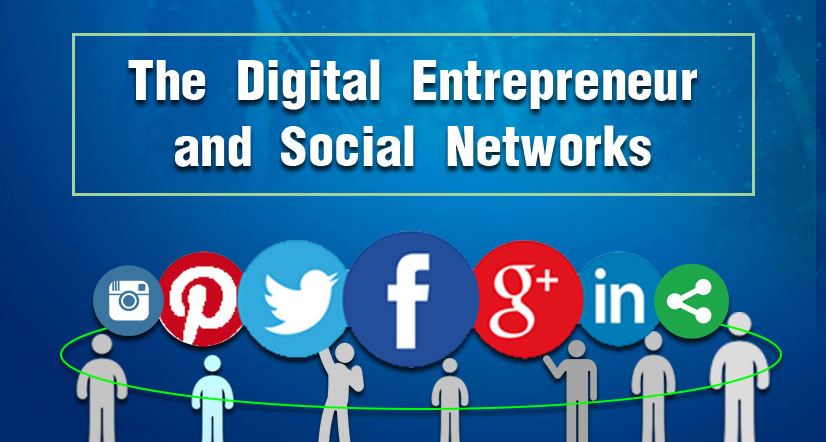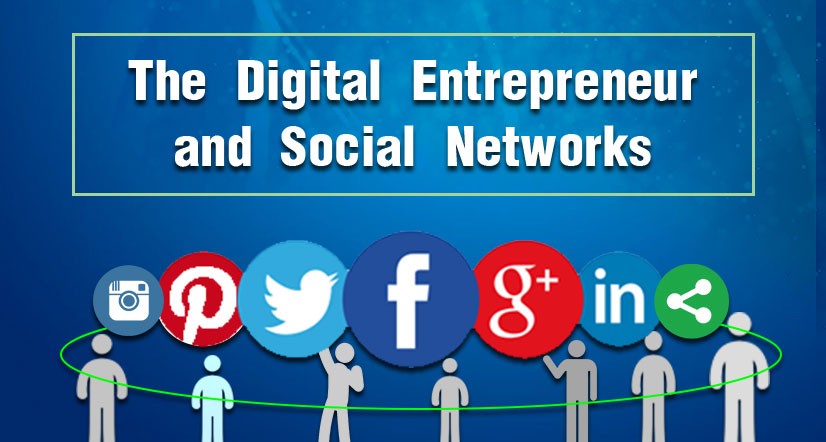The new consumer of social networks, an opinion-former who shares in the network the brands of his or her choice, and even produces content with suggestions for your company to choose a name for a new product, a book name, movies, shows, events and other services. We are living in the age of co-creation, now it is the consumer who says which is the best product or service (no longer the store owner or manufacturer).
Business is no longer as it was before; the Internet has come to create a new world of business, a new way of selling, and innovating. The photographer innovates with cell phones, which turns digital photography in real time. The newspaper will not end because it reinvents itself. Radio has not ended the invention of TV. On the contrary, radio occupies a new space on web, and it becomes an important segmented media. Business reinvents itself all the time. Is innovation a risk?
The worst risk is not to innovate. The world calls for innovation, the signed worker walks out and takes the place of the entrepreneur: the human being capable of creating new jobs and fulfilling dreams. Surfing in new wave, the digital entrepreneur is characterized as a specialist in innovation who understands creative economics and digital identities. He/she can be a producer of website, creator of connections and interactions with brands and companies in social networks.

The Digital Entrepreneur is the one whose business’ processes, relationships with partners, clients and employees is carried out mainly by digital means. On average, digital entrepreneurs have been on the market for almost 2 years. Of the total, 62% are in the service sector. The most sought after sector is commerce, with 33% of answers. Industry and agriculture correspond to 5% of the total.
The proportion of digital entrepreneurs with previous experience in the offline world is inversely proportional since only 18% have stated that they have had a non-digital business. Most of the businesses (59%) are informal and do not register the employees in the portfolio (69%). The gross annual turnover of 60% of the projects was between $36 thousand and $240 thousand in 2008. What are the advantages of having a digital business? Familiarity with the environment reduced initial investment cost and less dependence on infrastructure.
Why has social networking strategies failed in many companies?
The American researcher and professor Mikotaj Jan Piskotiski, who studied more than 50 companies in various economic sectors, found a very common mistake: the companies implemented their digital strategies on social platforms to disseminate commercial messages or seek customer feedback.
The main interest of the public of social networks is not to receive commercial messages, but to know and make relationships with other people, not with companies. Therefore, the approach in social networks has to be different.
Social strategy is different from digital strategy. Social strategy is about exploring the way people really want to connect with other people, for example: Helping to improve existing relationships, establish new relationships, create new ways to address unmet social needs, and only then link proposed solutions and business goals.
Facebook is a mass network, where it is more common to add people we already know. But for the sake of privacy and security, people are now choosing to build connections on segmented social networks by developing offline relationships. Creating niche networks is a social strategy for professionals, doctors, dentists, lawyers, teachers, consultants. For the fashion lovers, the social network Fashion.me, reaches more than 1 million registered users.
There is a sea of opportunities linked to the needs and motives that lead the individual to always live in groups, going back to the times of the "tribes" today; we have the creation of segmented networks, which are a representation of the relationships between their groups with specific interests. The main purpose of niche social networks is to connect people, in chats, forums, communities, video channels, online symposia and others.
The correct strategy is to focus on the community and not the tool. Try to find out what is more useful and accessible to your niche. And above all, stimulate the engagement of the members through the exchange of information and experiences.
October 27, 2017




